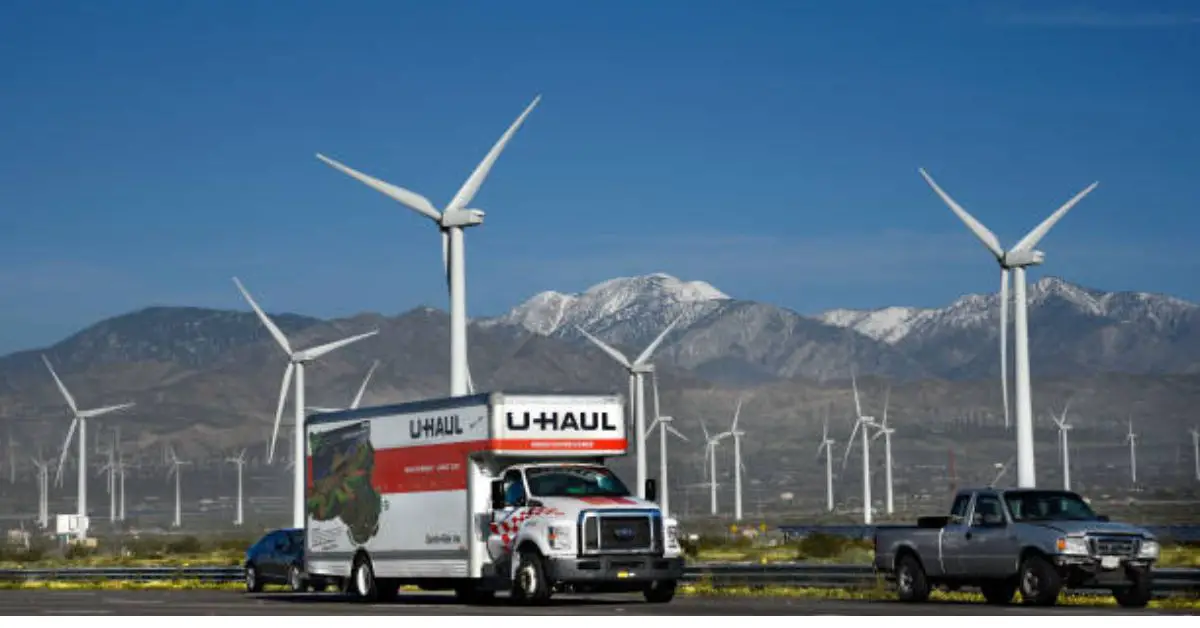In the fast-paced world of business, where mobility is often the lifeline, the significance of comprehensive commercial auto insurance cannot be overstated. Whether you are a contractor, real estate agent, or manage a delivery service, understanding and securing the right commercial auto insurance is not just a legal requirement but a critical aspect of safeguarding your assets. This guide aims to delve deeper into the nuances of commercial auto insurance, providing valuable insights for businesses to make informed decisions.
The Imperative Need for Commercial Auto Insurance
Unraveling the Essentials
Commercial vehicle insurance becomes indispensable when a vehicle is predominantly used for business activities, such as transporting goods, equipment, or passengers for a fee. This umbrella includes delivery services, taxi operations, or any business that relies heavily on trucks or fleets. If your business involves transportation, especially with trucks, exploring the nuances of commercial truck insurance becomes imperative.
An In-Depth Look at Commercial Auto Insurance Policies
Deciphering the Layers of Protection
Understanding the intricacies of auto insurance coverages for your business can be complex. Let’s break down the common types available:
- Liability Coverage: This coverage steps in if you are at fault in an accident, helping pay for injuries to others and damages to their property. It also extends to covering legal expenses in the event of a lawsuit.
- Collision Coverage: This is essential for covering damages resulting from accidents to your business vehicles, offering protection when another vehicle collides with yours.
- Comprehensive Coverage: This type of coverage safeguards against non-collision incidents such as theft, weather events, vandalism, or fire.
- Rental Reimbursement: After an accident, this coverage comes into play, covering the cost of a rental vehicle while your business vehicle undergoes repairs.
- Uninsured/Underinsured Motorist Coverage: This coverage safeguards against injuries or damages incurred when the other driver is responsible for an accident but lacks insurance or has insufficient coverage to fully cover your losses.
- Personal Injury Protection (PIP): Regardless of fault, PIP pays for medical expenses and lost income due to injuries sustained by occupants of your business vehicles in an accident.
- Medical Payments Coverage: This coverage caters to medical or funeral expenses related to accident-caused injuries to occupants of your business vehicles, irrespective of fault.
Exploring Specialized Coverage
Commercial auto insurance often includes unique coverages not commonly found in personal car insurance policies:
- Non-Owned Vehicle Coverage: This protection extends to your business when employees use their personal vehicles for business activities.
- Inland Marine Insurance: This coverage is designed to protect equipment, cargo, and other business property while being shipped over land.
- Trailer Interchange Coverage: This provides physical damage coverage for trailers your vehicle tows but are owned by other businesses.
Identifying Businesses That Need Commercial Auto Insurance
A Diverse Spectrum
Commercial auto insurance is essential for businesses that heavily rely on vehicles for their daily operations. Here are some examples:
- Delivery Services: Couriers, food delivery, and package delivery businesses should have commercial auto insurance.
- Transportation Services: Taxi services, limousine services, bus companies, and shuttle services need commercial auto insurance.
- Construction and Contracting: Construction companies, contractors, electricians, plumbers, and landscapers typically use vehicles to transport tools, equipment, and employees.
- Sales and Services Businesses: Companies with traveling sales representatives or service providers, such as pharmaceutical sales, real estate agents, or IT service providers, often need commercial auto insurance.
Navigating Legal Obligations Surrounding Commercial Auto Insurance
Understanding Legal Mandates
Commercial auto insurance is mandatory in most states when you have company-owned and operated vehicles. However, some states, like Virginia, allow businesses to forgo coverage if they pay an uninsured motorist fee. It’s crucial to understand the specific regulations in your state to ensure compliance.
Drawing the Line Between Personal and Commercial Auto Insurance
The Clear Distinction
A personal auto insurance policy does not cover vehicles used for business purposes. If you’re using a vehicle for business-related activities, having commercial coverage is not just advisable but a necessity.
Unraveling the Cost Dynamics of Commercial Auto Insurance
Factors Influencing Costs
Similar to personal auto insurance, rates for commercial auto insurance can vary significantly. Factors influencing the cost include your industry, the number of vehicles you have, claims history, and location. Rates can range from as low as $12.50 per month to over $200. You have the flexibility to purchase individual plans or opt for a comprehensive commercial package policy that includes various coverages.

Navigating the Process of Acquiring Commercial Auto Insurance
Streamlining the Journey
When exploring insurance options, gathering quotes from three to five providers is advisable. Insurers will need detailed information about your enterprise, including your industry, the vehicle to be insured, business location, and the total number of vehicles covered.
Utilizing an insurance marketplace, such as SmartFinancial, can streamline this process. By completing a single questionnaire regarding your insurance requirements and budget, you can be paired with a tailored commercial auto insurance policy.
Ready To Shop for Commercial Auto Insurance? Compare quotes instantly with top-rated insurance companies. It’s free to use, so get your free commercial auto insurance quote today!
Frequently Asked Questions (FAQs)
Do I need commercial auto insurance if I transport people?
If you operate a taxi service or a similar business that transports people, you will likely need commercial auto insurance. Rideshare companies like Uber or Lyft can provide some coverage while you’re transporting people.
How do I know if I need commercial car insurance?
You’ll typically need commercial auto insurance when you purchase a vehicle used for your business. Personal car insurance does not cover business vehicles.
What’s the difference between commercial and personal auto coverage?
A commercial auto policy covers vehicles used for business purposes, while a personal auto policy is for everyday-use vehicles and their drivers.
Who is insured under a commercial auto policy?
Commercial auto policies apply to the company that purchased the policy and employees who represent the company.
Do I need commercial auto insurance for Instacart?
As of now, Instacart does not offer commercial auto insurance to its drivers, so you will need to purchase a commercial auto policy when working for Instacart.
In conclusion, securing the right commercial auto insurance is not just a legal obligation; it’s a crucial step in safeguarding your business assets. By understanding the diverse coverages available and navigating the process of obtaining insurance, you ensure that your business is well-protected on the road.
Related More:






